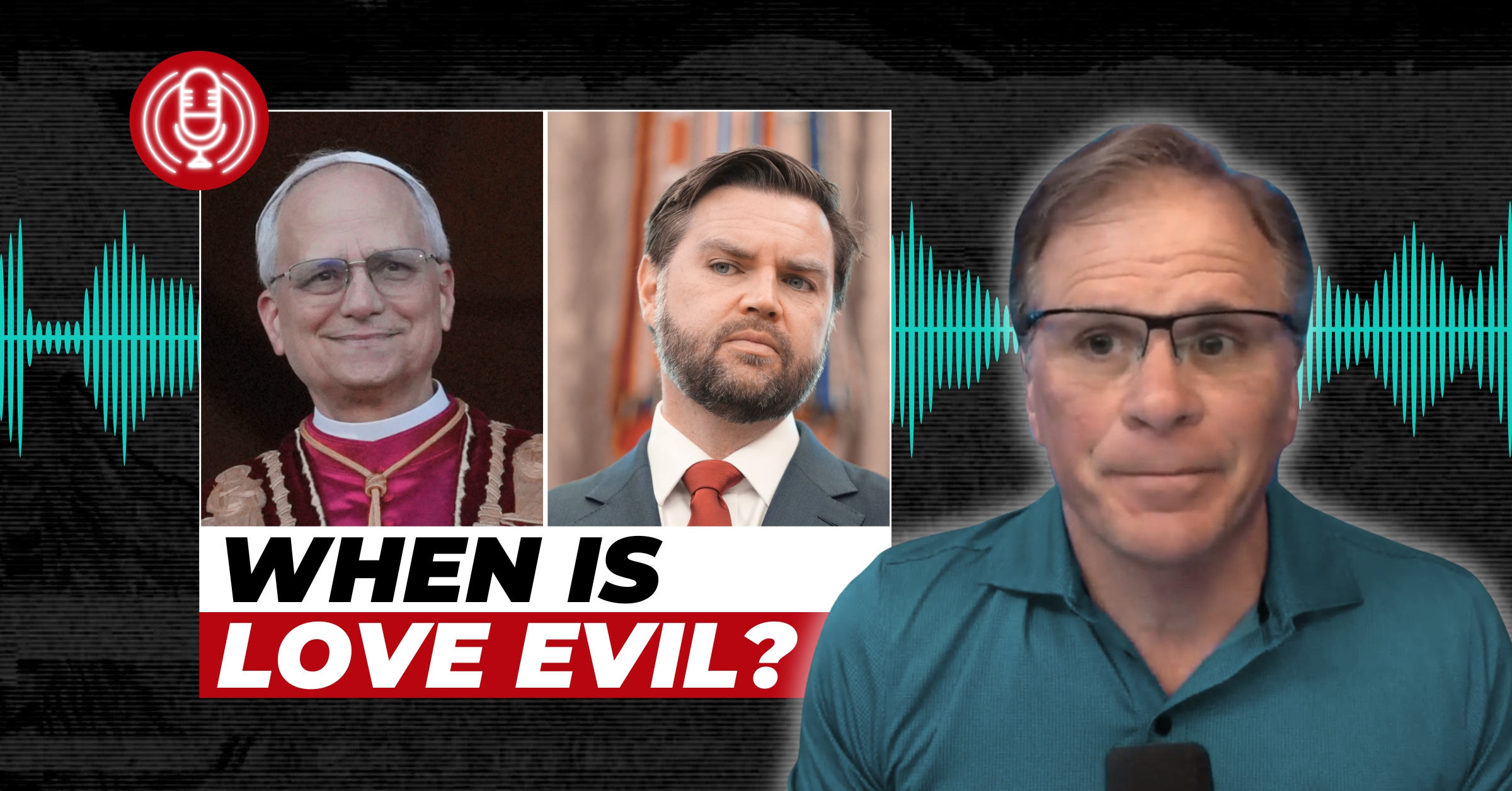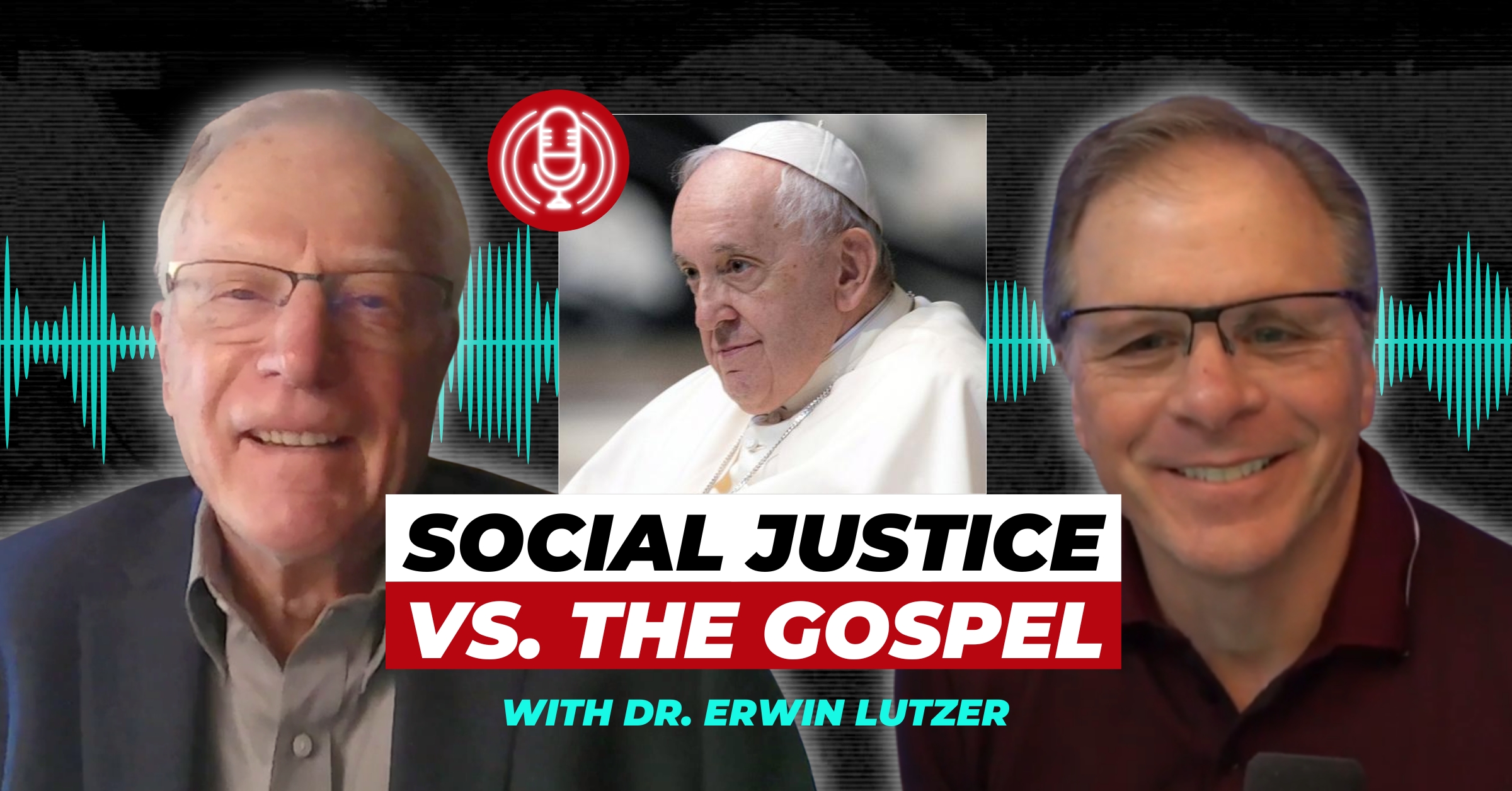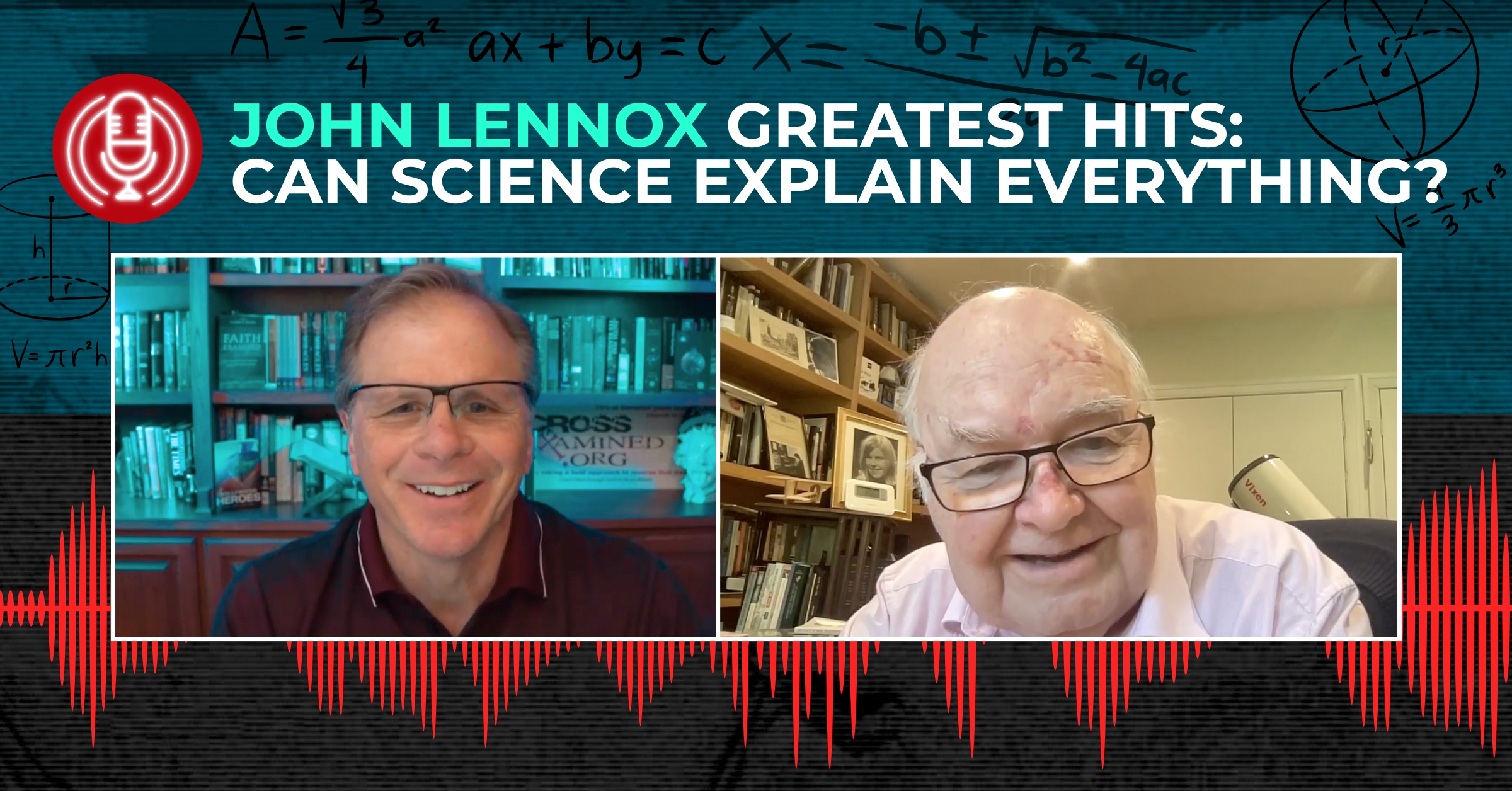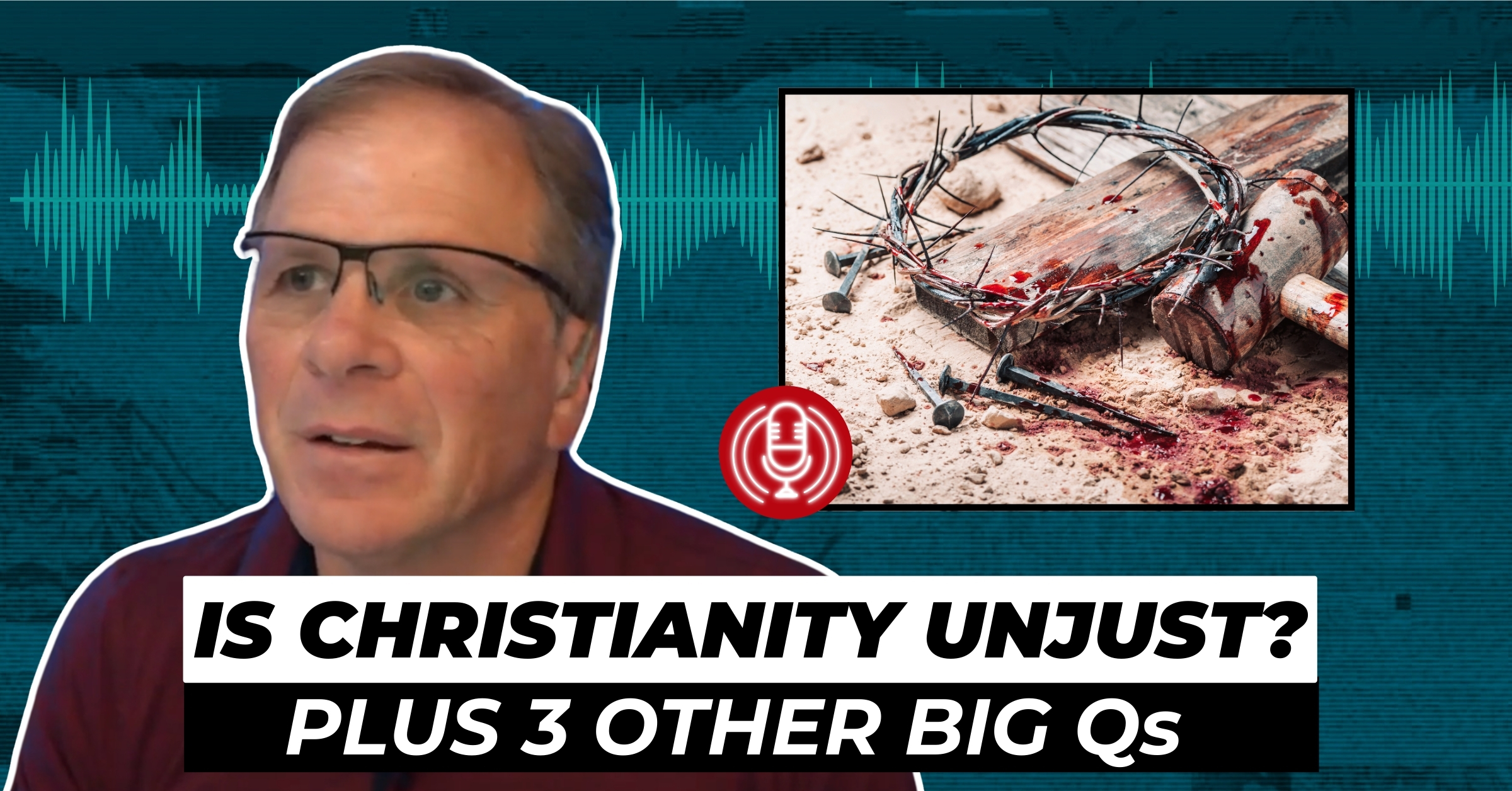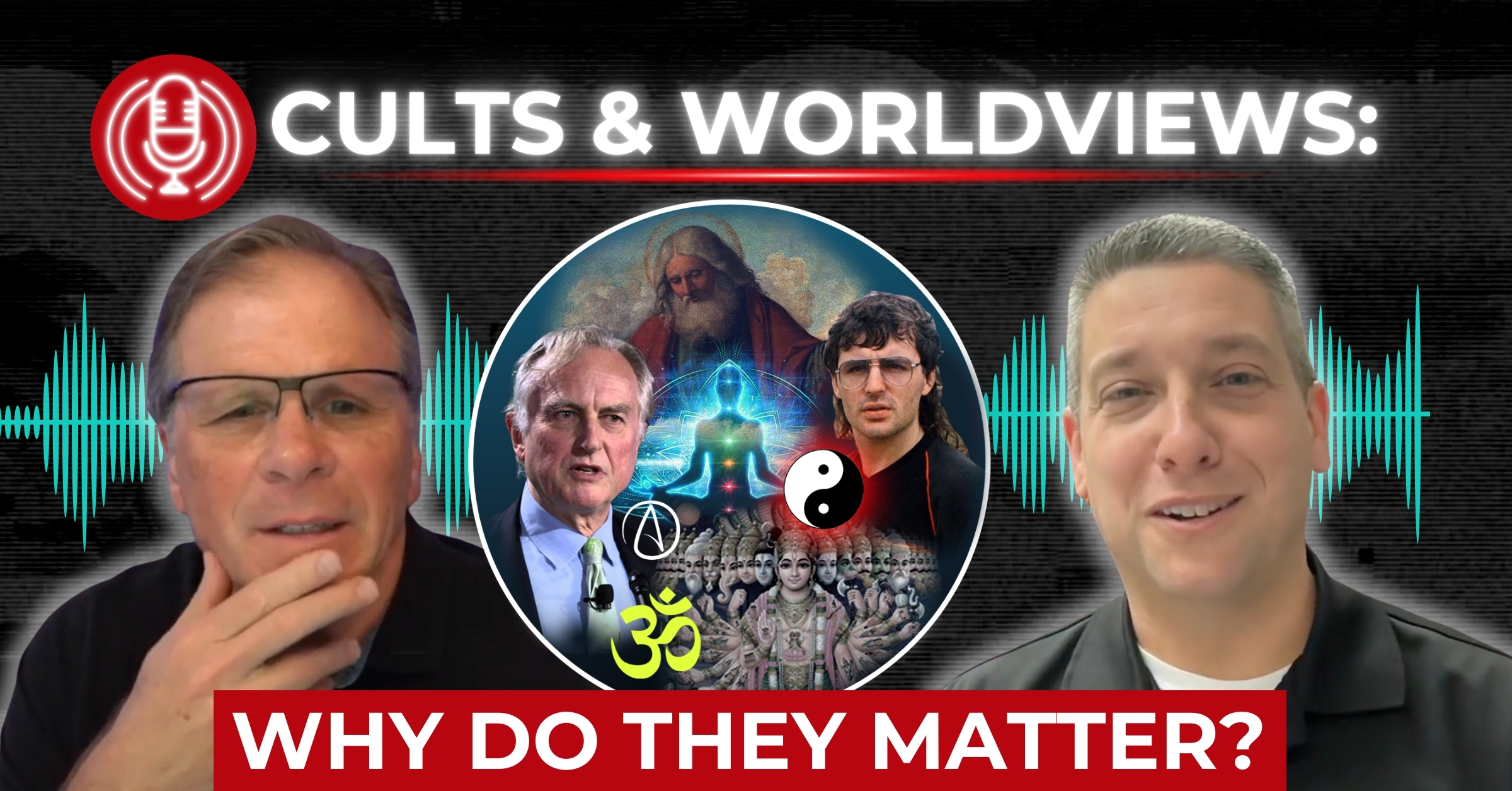Human beings are rational animals, according to Aristotle. As animals, human beings are sensible beings who have sensations and movements (in contrast to plants, which are living beings without true sensation and self-initiated movement). But human beings are not just any kind of animal. We have a special quality that separates us from animals, plants and the rest of the material world, which is that we have a rational soul.
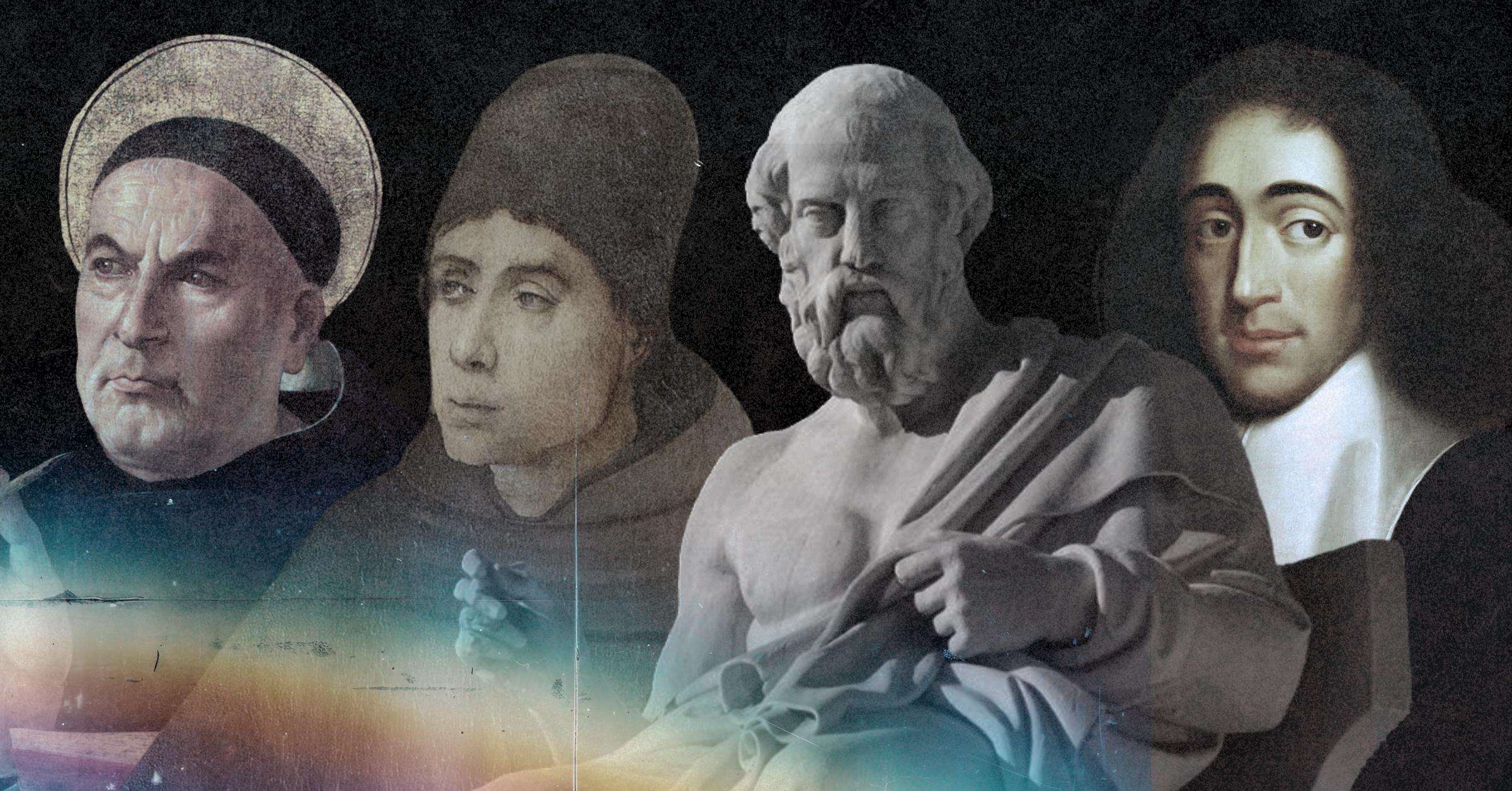
Furthermore, leaving Aristotle aside (as we shall see later), this doesn’t mean that human beings are the summit of all that exists. God, who is infinite and intellect in its fullest form can alone claim his proper place at the top of the summit (although, technically speaking, He is the foundation) of all that exists. Still, since human beings are rational animals, but are also finite, it is natural (and by that I literally mean that it is part of human nature), to ask questions.
Why Metaphysics Matters
Now, human beings can and do ask questions about a lot of topics. But there are some questions that matter most not because of their necessarily immediate practical implication, but because of the effect their answers have on the questions that do possess an immediate practical implication. That is, we cannot properly begin to understand secondary matters until we first understand primary matters. And one of the most basic primary questions to answer is “what is (or are) the first principle of reality?”.
Metaphysics deals with these types of primary questions and its importance is by now evident. The results of every other discipline depend on resolving fundamental metaphysical questions. The Christian (let alone the trained Christian philosopher) can’t escape this reality. Simply put, a wrong move in metaphysics will affect doctrines about God, creation, and salvation.
This fact of metaphysics has become evident to me in the modern debate about divine simplicity. Dr. William Lane Craig rejects the Thomistic understanding of the doctrine of divine simplicity and this means his conception of God is different (very different) than that of an existential Thomist, and proper logic mandates that both conceptions of God cannot be correct. Dr. Craig says, “Deny the real distinction between essence and existence, and the nerve of Thomism is cut.[1]” This claim strikes me as plainly true. I’m not talking about whether we should deny the real distinction between essence and existence (that’s a whole separate matter), but he is correct in that if we do so, the nerve of Thomism is cut, and with it, the Thomistic understanding of God must be denied.
This important matter, the distinction between essence and existence, is the central focus of this blog and my aim is to show how different views of this distinction lead to a different understanding of God, raising the stakes for the Christian (and the Christian philosopher) to ensure that his metaphysics is correct.
In this regard, human beings face a monumental task. Humans, as rational animals, must wrestle with the fact that they can ask questions beyond even their own limitations. For example, as any Christian should affirm, human beings (who only have a human essence) are contingent beings to whom existence owes nothing to make them exist necessarily, want to properly explain existence as a principle and its relationship with essences in general. Despite this limitation, we will see that even in this brief essay there is much that can be said in this regard.
Four Philosophers, Four Visions and Their Implications
Aquinas: Let’s start our brief analysis with none other than Thomas Aquinas. He maintained that there is a real distinction between essence and existence. This means that he believed that essence and existence are real and distinct principles that together constitute the being of a thing. A thing’s essence is what it is, and existence is that it is. Following Dr. Richard Howe’s use of human beings to illustrate this, essence is what makes you human; existence is what makes you a being.[2]
The only exception to this rule is God, in whom essence and existence are identical, and this has several implications. First, he is unique and totally distinct from everything else that exists. He alone is existence; everything else just has existence. Second, as existence itself, God is the only necessary being. Every other being is contingent and depends on God for its existence. Third, God’s omnipotence is evident in His ability to bring things into existence from nothing (creatio ex nihilo). Between existence and non-existence, there’s an infinite metaphysical chasm that only an infinite cause can bridge.
Scotus: Aquinas’ view of God, stemming from his real distinction between essence and existence, can be contrasted with that of John Duns Scotus. Scotus maintained that every essence has some degree of being, according to its (proportional) intrinsic perfection. This implies that the distance between any finite being and nothingness is not infinite. As a result, God’s omnipotence is primarily expressed not in sustaining beings in existence, but in freely determining which essences are actualized in reality. In other words, for Scotus, God’s power, is primarily evident in freely determining what comes to be, rather than in directly causing the act of being itself. It is worth noting that Aquinas integrates both perspectives, affirming divine volition alongside God’s continuous causal role in sustaining creatures in existence.
Plato: On the other hand, Plato did not conceive of existence as an act received from God. Plato believed that the forms—eternal, unchanging, immaterial, and universal realities—are the highest level of reality, while the material world is just an imperfect reflection of them. As such, Plato’s god is really a craftsman-like figure who does not create things (let alone via creation ex nihilo), he merely imposes order on pre-existing chaotic matter in accordance with the forms. He works with what already exists; he does not make things to be or define what they are. There’s no doubt that Plato’s God is a “smaller” God than that of Aquinas.
Spinoza: Benedict Spinoza’s views are also important to mention. He denied the distinction between essence and existence because he maintained that only one substance exists. The implications of this view are profound. If everything that exists is the same substance, that means that everything that exists collapses into a single substance. As a result, God is identical with nature. There is really no distinction between God and everything else, leading directly to pantheism.
It is evident that this view is incompatible with the metaphysical commitments required by Christianity. We need not delve into the implications of this view for divine omnipotence or the necessity of creation. Suffice it to say that since this view denies the distinction between God and His creation, this implies that you, I, and all human beings are part of the same divine nature. This position plainly contradicts Scripture —and, indeed, everyday experience.
Conclusion
There’s much more that could be said about this, and many other important philosophers throughout history could be cited. However, this brief analysis shows that one’s metaphysical conclusions can strongly influence one’s theology. Every Christian should desire to know God and reality as they truly are. To do so properly, one’s metaphysics must be correct. Therefore, we as Christians, must make sure to get our metaphysics right.
References:
[1] William Lane Craig and Bishop Robert Barron, Bishop Barron & William Lane Craig Symposium, Part 1: Divine Simplicity, Reasonable Faith, accessed February 21, 2025,
https://www.reasonablefaith.org/videos/lectures/bishop-barron-william-lane-craig-symposium-part-1-divine-simplicity
Symposium, Part 1: Divine Simplicity. Reasonable Faith. Accessed February 21, 2025.
https://www.reasonablefaith.org/videos/lectures/bishop-barron-william-lane-craig-symposium-part-1-divine-simplicity
Gilson, Étienne. Being and Some Philosophers. Toronto: Pontifical Institute of Mediaeval Studies, 1952.
———.Craig, William Lane, and Bishop Robert Barron. Bishop Barron & William Lane Craig
[2] Aquinas on Existence and the Essence-Existence Distinction,” Southern Evangelical Seminary, accessed February 21, 2025, https://ses.edu/aquinas-on-existence-and-the-essence-existence-distinction/
———.Aquinas on Existence and the Essence-Existence Distinction.” Southern Evangelical
Seminary. Accessed February 21, 2025
https://www.reasonablefaith.org/videos/lectures/bishop-barron-william-lane-craig-
symposium-part-1-divine-simplicity
Recommended Resources:
How Philosophy Can Help Your Theology by Richard Howe (DVD Set, Mp3, and Mp4)
What is God Really Like? A View from the Parables by Dr. Frank Turek (DVD, Mp3, and Mp4)
What is God Like? Look to the Heavens by Dr. Frank Turek (DVD and Mp4)
Your Most Important Thinking Skill by Dr. Frank Turek DVD, (mp4) download
Diego Fallas earned his bachelor’s degree in mechanical engineering. During his studies, he became passionate about Christian apologetics. He quickly found himself immersed in the field as he started taking seminary courses in apologetics and became a Reasonable Faith chapter director. Today, he is the Director of Operations for CrossExamined.org, and teaches and speaks in Latin America. Diego is the co-host of the weekly Livestream show Piensalo Bien and is currently completing his M.A. in philosophy from Southern Evangelical Seminary.



